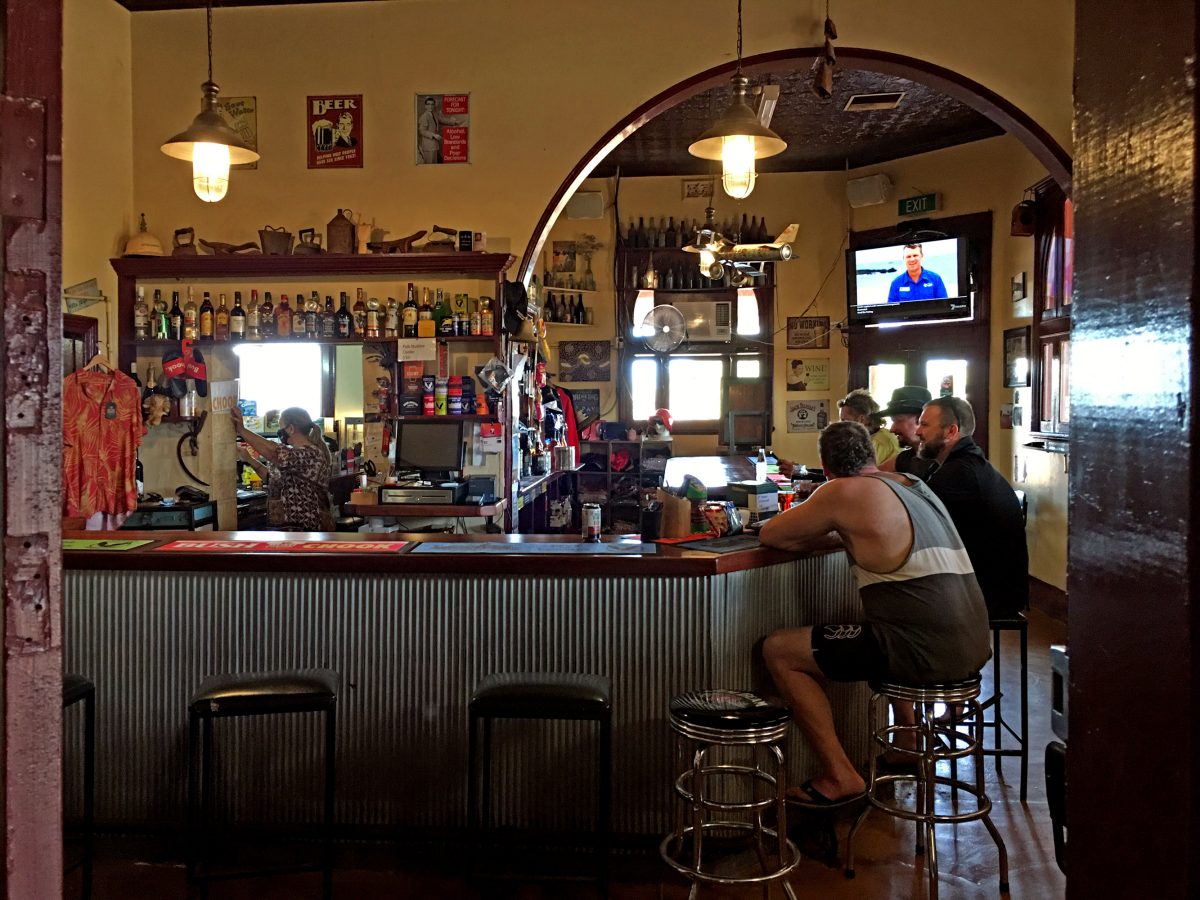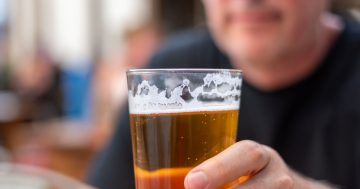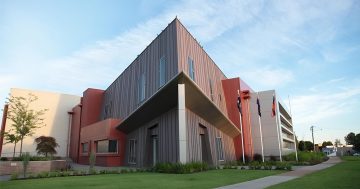
According to the WA Government’s Sustainable Health Review, approximately one-third of Western Australians aged between 16 and 44 drink at levels considered to be high risk for long-term harm. Photo: Chameleonseye.
The WA Government will be strengthening its Banned Drinkers Register in an effort to reduce the harm caused by excessive alcohol use.
According to a joint report led by the WA Cancer Council, the state is suffering from a ‘hidden crisis’ of alcoholism that causes eight deaths, 402 hospitalisations and 180 family violence incidents every week.
The Banned Drinkers Register Bill 2023 passed earlier this month creates additional pathways onto the register and introduces penalties for the sale and supply of packaged liquor to those on the register.
The register limits access to takeaway alcohol by alerting sellers when they scan the customer’s ID. It is being trialled in Pilbara, Kimberley, Goldfields, Carnarvon and Gascoyne Junction, where the new laws will come into effect from mid-December.
The legislation makes it mandatory for licensees in banned drinker areas to scan eligible photo IDs and decline sales to banned drinkers, with fines of up to $10,000 for anyone who knowingly supplies takeaway alcohol to banned individuals.
It also allows police to register individuals for alcohol-related offences, including alcohol-related violence and drink driving, not just in or near licensed premises. Health professionals and social workers can also refer individuals.
Police are getting powers to seize or dispose of liquor in the possession of someone on the register.
WA Racing and Gaming Minister Reece Whitby said the new measures benefit the broader community by acting as a “circuit breaker to anti-social behaviour”, and will reduce pressure on frontline staff.
“Alcohol-related harm is a long-standing, complex issue, with no easy fix. I’m confident these reforms will strengthen the Banned Drinkers Register trial and improve its effectiveness,” he said.
“Reducing alcohol-related violence and anti-social behaviour is not something the State Government can achieve alone. Collaboration is required between licensees, police, health service providers, local governments, and the entire community.”
WA has one of the highest rates of alcohol-related emergency department presentations in the country, with 22 per cent of ED visits on Saturday nights due to drinking.
According to the Cancer Council’s report published in May 2022, the cost of presentations to the Royal Perth Hospital Emergency Department alone is $7.5 million a year.

The Cancer Council’s joint report calls on the WA Government to prioritise the health and wellbeing of their
community and act on alcohol. Photo: Cancer Council WA.
It also states that an average of 16 ambulances per day are called out across the state for alcohol intoxication, which amounts to over 5900 per year. These callouts increased between 2020 and 2021 by 8 per cent, many of which involved family violence incidents.
The state government hopes to address the issue through its whole-of-government approach to the Alcohol and Drug Interagency Strategy 2017-2021. Another priority for the government highlighted in its Sustainable Health Review is the Northern Territory-inspired reform that will implement a minimum floor price for alcohol with regular adjustments for inflation.
While more young people aged 12 to 17 years old in WA are moving away from alcohol, a significant drop from 74 per cent in 1999 to 41 per cent in 2017. Of those reported, around one in three are drinking at levels considered high-risk for adults.
Beyond the next two years, the future of the Banned Drinkers Register will be evaluated by the Department of Local Government, Sport and Cultural Industries in engagement with its key stakeholders.




